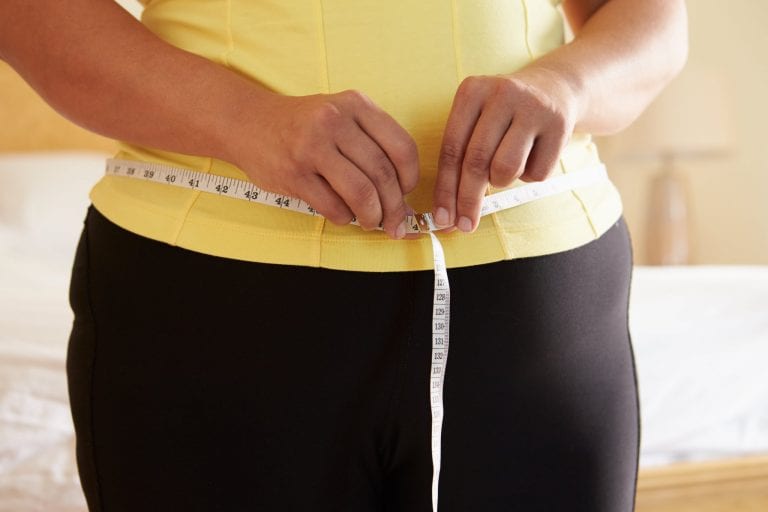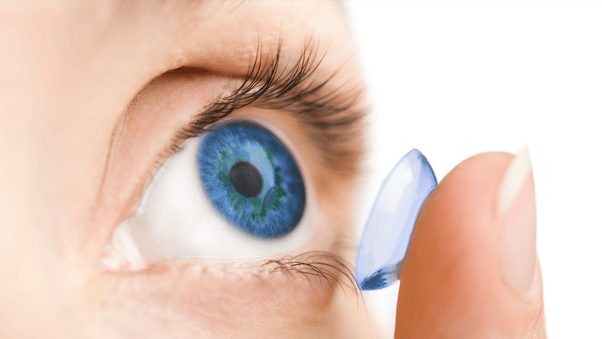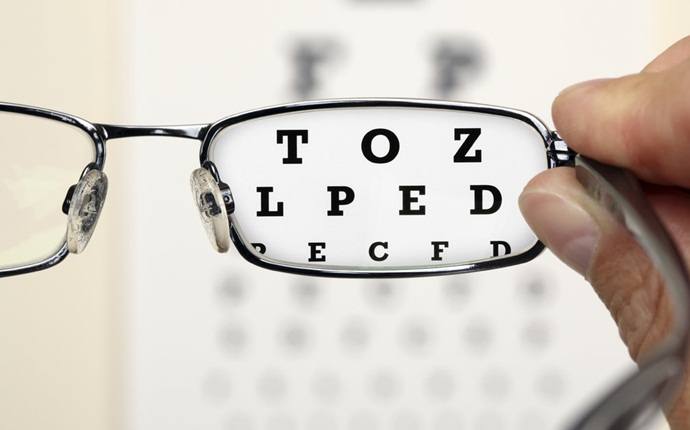
While many people think of working out as a way to lose weight or build muscle, it actually does much more than that. Over the past 10 years, scientists have learned that exercising can actually increase brain function and provide considerable mental health benefits. So, yes, exercise helps your body stay healthy, but it benefits your mind, as well.
1. Exercise reduces stress
One of the best-known benefits of exercise is stress relief. By walking, heading to the gym, or taking a few laps at the pool, you can give yourself a serious leg-up in terms of managing physical and mental stress. This is due, in large part, to the fact that working out increases the concentration of norepinephrine, a stress-moderating chemical. This means that a good workout – be it a 30-minute walk or a few laps around the track – can dissolve existing stress and help you cope better with stress in the long run.
2. Exercise releases endorphins
Endorphins are the body’s so-called “happy chemicals.” When they’re present in our bodies in adequate amounts, they create feelings of happiness and mitigate depressive symptoms. This is one of the main reasons that doctors often recommend people suffering from anxiety or depressive disorders spend a good deal of time working out.
In some cases, the endorphins released as a result of exercise can be as effective at treating depression as antidepressant medication! That said, aim to get about 30 minutes of exercise 3-4 times a week and watch how it changes your mood.
3. Exercise boosts your confidence
While exercise may well help you lose weight and feel better about your body, it gives you a major self-esteem boost no matter what. It doesn’t matter what your weight, gender, or age is – exercising regularly boosts self-esteem and improves self-image, which can help you feel more self-worth and be happier with yourself in general.
4. Exercise is enjoyable
One of the great keys to finding a fitness program that works for you is to find one that you legitimately enjoy. Often, this means working out outside. When you take your exercise outside in the form of a hike, trail run, walk in the park, or paddle around a lake, you’ll be boosting self-confidence even more and getting the anti-depressant benefits of Vitamin D while you’re at it. Just remember to wear sunscreen!
5. Exercising can help prevent Alzheimer’s
One of the most popular benefits of exercise is that it can help protect you from cognitive decline. Degenerative diseases kill brain cells and lead to a hazy brain that doesn’t work quite as well as it used to. Fortunately, research has shown that working out can help build new brain cells and protect the hippocampus, the part of the brain that’s responsible for learning and memory. This, in turn, can help prevent age-related cognitive decline.

6. Exercise makes you less anxious
We all struggle with anxiety and the way that we cope with it differs. People who work out, however, may have an advantage. Research has shown that exercise is fantastic at helping manage anxiety and that doing a high-intensity exercise like interval training can actually help improve a person’s anxiety tolerance. So, the next time you’re feeling a little anxious, get out for a 20-minute walk. Chances are the difference will be immediately noticeable.
7. Exercise makes you smarter
If you’re thinking of going out for a spelling bee or challenging yourself to a game of Sudoku anytime soon, you might want to hit the gym first. Cardiovascular exercises like jogging and swimming can help the brain build new neural pathways that improve overall memory, attention span, and problem-solving skills. Additionally, scientists believe that a good workout helps boost brain-derived protein (BDNF) levels in the body, leading to quicker decision making and faster learning.
8. Exercise improves your memory
Having a tough time remembering where you pit your keys? It might be time to get active more often. Regular moderate exercise supports the brain in order to make learning new things easier. It does this by stimulating the hippocampus to produce new cells which aid in the building and retention of new memories.
9. Exercise moderates addictive personalities
Thousands of people in this country struggle with various addictions. From food to television, addictions come in all shapes and sizes and often the methods used to cope with addiction are less than healthy. Fortunately, there’s a better way. The substance that people become addicted to is commonly dopamine.
Drugs and alcohol both produce dopamine, as can food when ingested in the proper levels. Fortunately, exercise also produces dopamine in considerable levels, which can help mitigate addictive cravings and help prevent withdrawals. Some addictions also disrupt the body’s circadian rhythms, which can lead to sleep deprivation and an exacerbation of symptoms. Exercise helps mitigate these things and produces an overall feeling of well-being.
10. Exercise helps you relax
People who exercise often generally sleep better and feel more relaxed. In fact, some studies say that working out can have the same relaxation benefits as a sleeping pill for people who struggle with insomnia. That said, if you’re feeling jittery, anxious, stressed out, or disrupted, you might want to head out for a brisk walk. Doing so can help you manage stress and feel more relaxed.

























